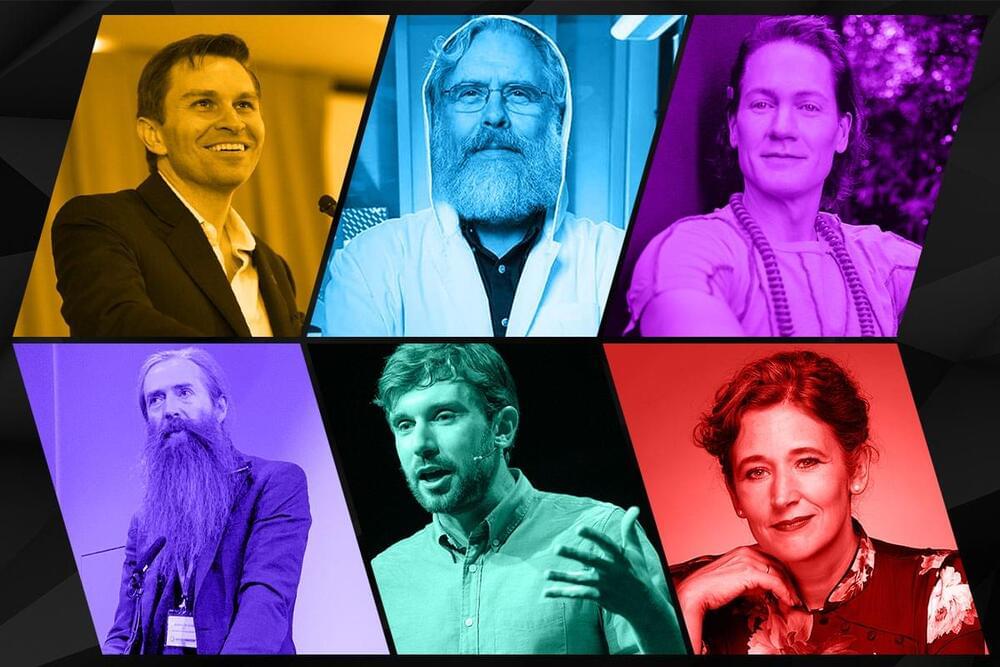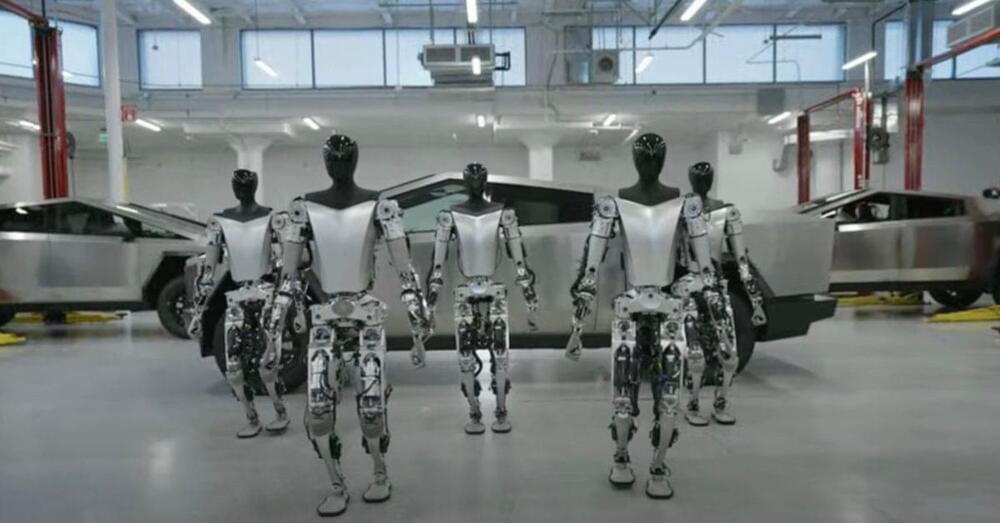Aug 13, 2023
Advancing human healthspan: Longevity Summit Dublin’s agenda unveiled
Posted by Shubham Ghosh Roy in categories: biotech/medical, life extension
The Longevity Summit Dublin is dedicated to the recognition of emerging research developments aimed at extending the human healthspan. This much-anticipated event brings together leading scientists from around the world, fostering collaboration and knowledge exchange in pursuit of this critical objective.
The summit serves as a premier platform for showcasing the latest research and innovations within the longevity industry. Notably, keynote presentations by esteemed experts in the aging field provide valuable insights into the advancements being made towards enhancing overall well-being and extending lifespans.
Longevity. Technology: Scheduled to take place from the 17th to the 20th of August 2023, the Longevity Summit Dublin boasts a remarkable lineup of over 40 pioneering scientists, researchers and executives, as well as high net-worth investors – all of the attendees share a common focus on addressing the challenges posed by chronic diseases.




 This research topic consists of 148 articles on various aspects of brain augmentation contributed by more than 600 authors. At the time of writing, the articles have been viewed online more than 1.3 million times and received plentiful citations in the scientific literature. The topic won the 2017 Frontiers Spotlight Award.
This research topic consists of 148 articles on various aspects of brain augmentation contributed by more than 600 authors. At the time of writing, the articles have been viewed online more than 1.3 million times and received plentiful citations in the scientific literature. The topic won the 2017 Frontiers Spotlight Award.












